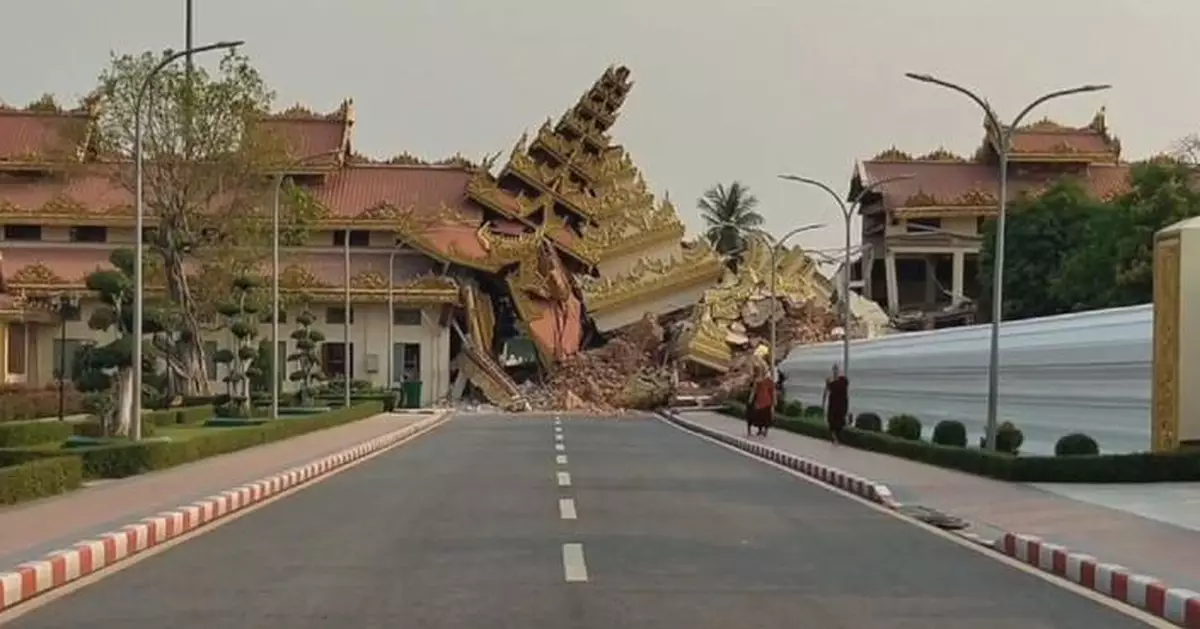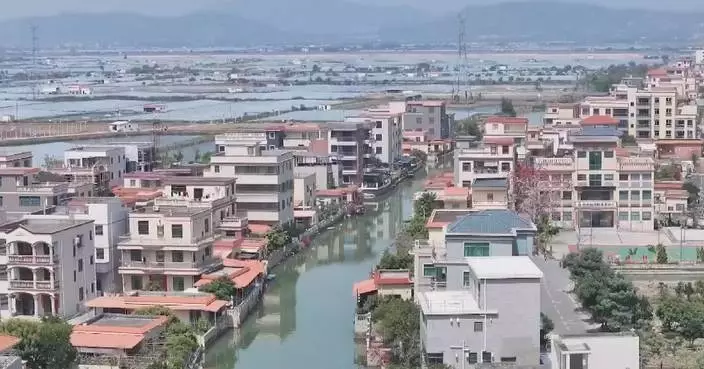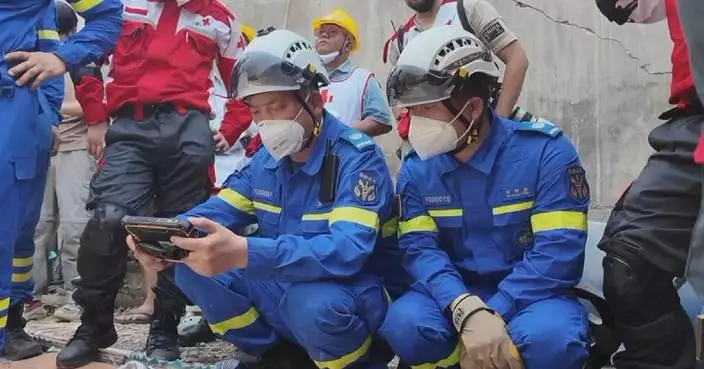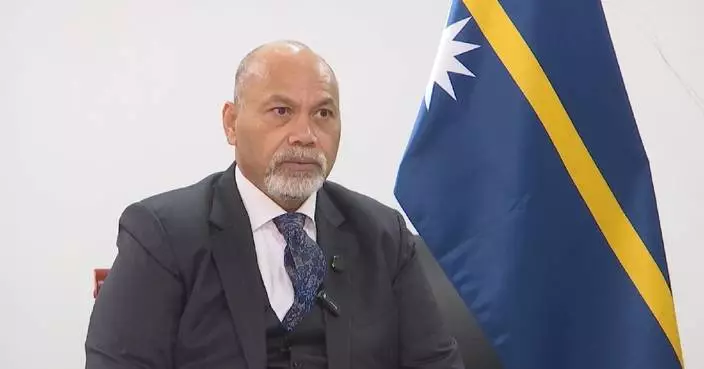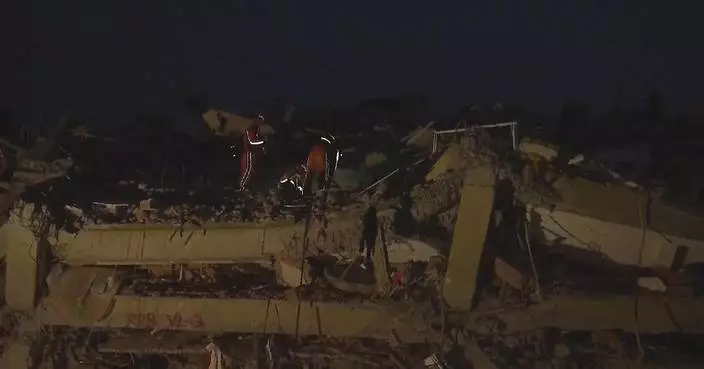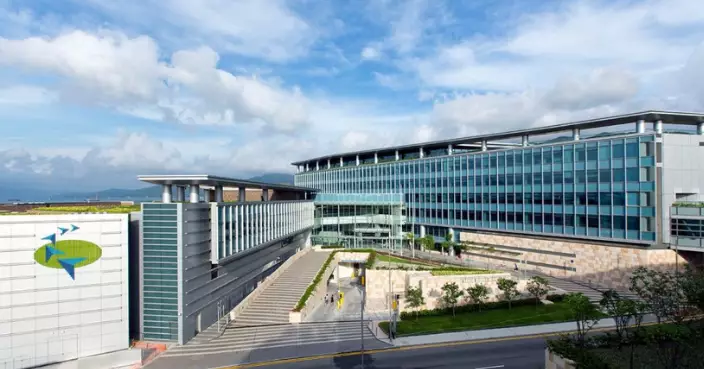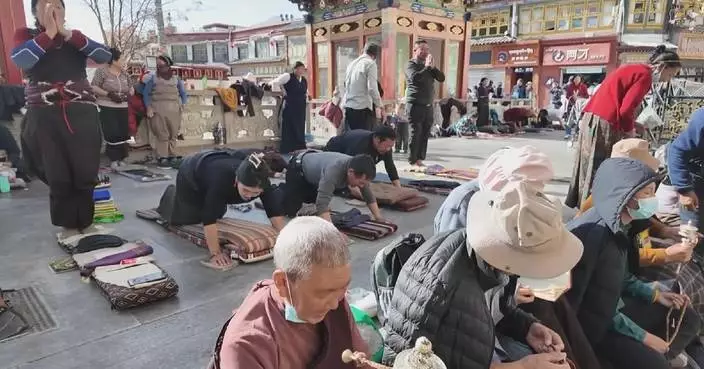Rescue operations are underway in the hard-hit city Mandalay, the second-largest city in Myanmar following a 7.7-magnitude earthquake which rocked the country on Friday.
At least 144 people have been killed and 732 others injured in the quake, the Information Team of Myanmar's State Administration Council reported.
Click to Gallery
Rescue operations underway in Myanmar's hardest-hit city after strong earthquake
Rescue operations underway in Myanmar's hardest-hit city after strong earthquake
Rescue operations underway in Myanmar's hardest-hit city after strong earthquake
Rescue operations underway in Myanmar's hardest-hit city after strong earthquake
Rescue operations underway in Myanmar's hardest-hit city after strong earthquake
Myanmar's State Administration Council Chairman Senior General Min Aung Hlaing said that the deaths included 96 from the capital Nay Pyi Taw, 18 from Sagaing region and 30 from Kyaukse township, according to the report.
Myanmar has declared a state of emergency in multiple regions following the strong earthquake.
Myanmar's Department of Meteorology and Hydrology said on Saturday morning that 12 aftershocks, with magnitudes ranging from 2.8 to 7.5, had occurred on Friday following the 7.7-magnitude quake.
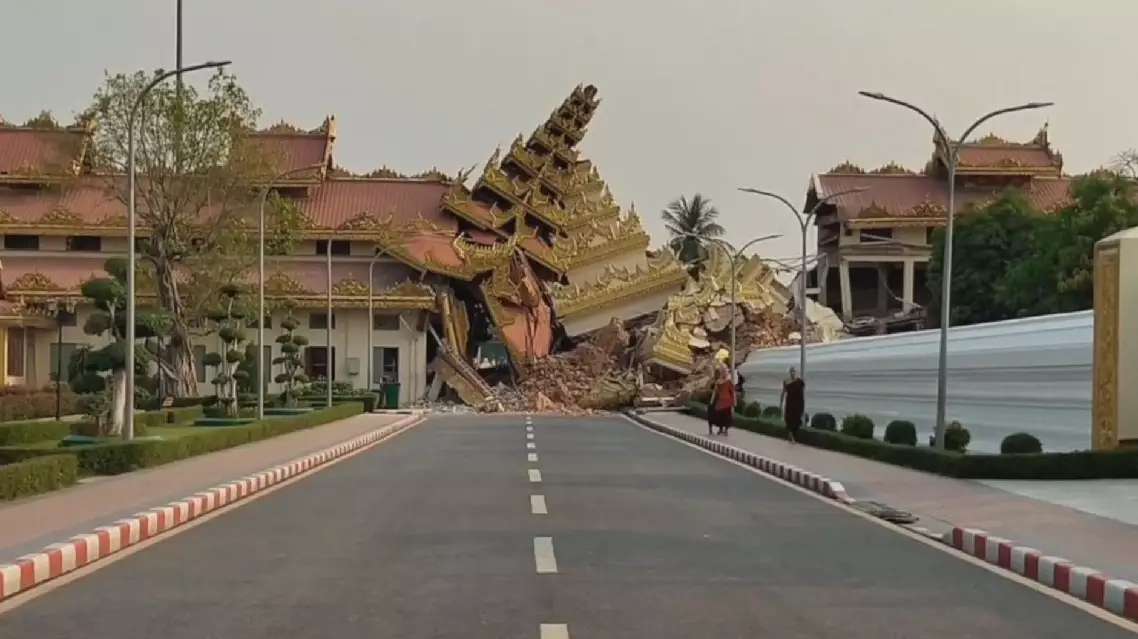
Rescue operations underway in Myanmar's hardest-hit city after strong earthquake
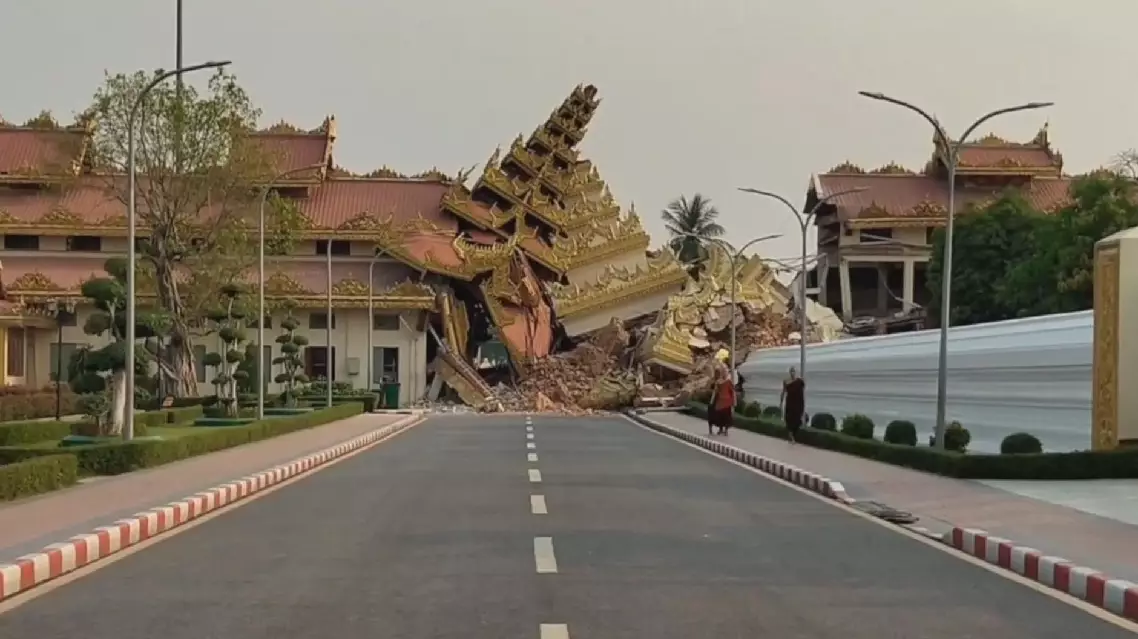
Rescue operations underway in Myanmar's hardest-hit city after strong earthquake
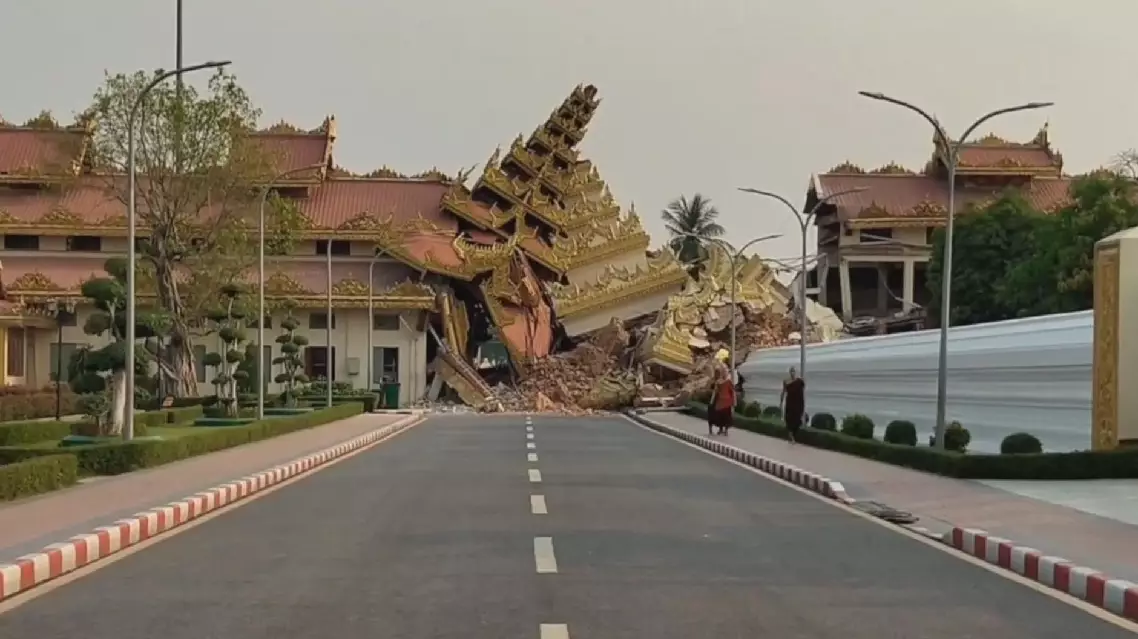
Rescue operations underway in Myanmar's hardest-hit city after strong earthquake
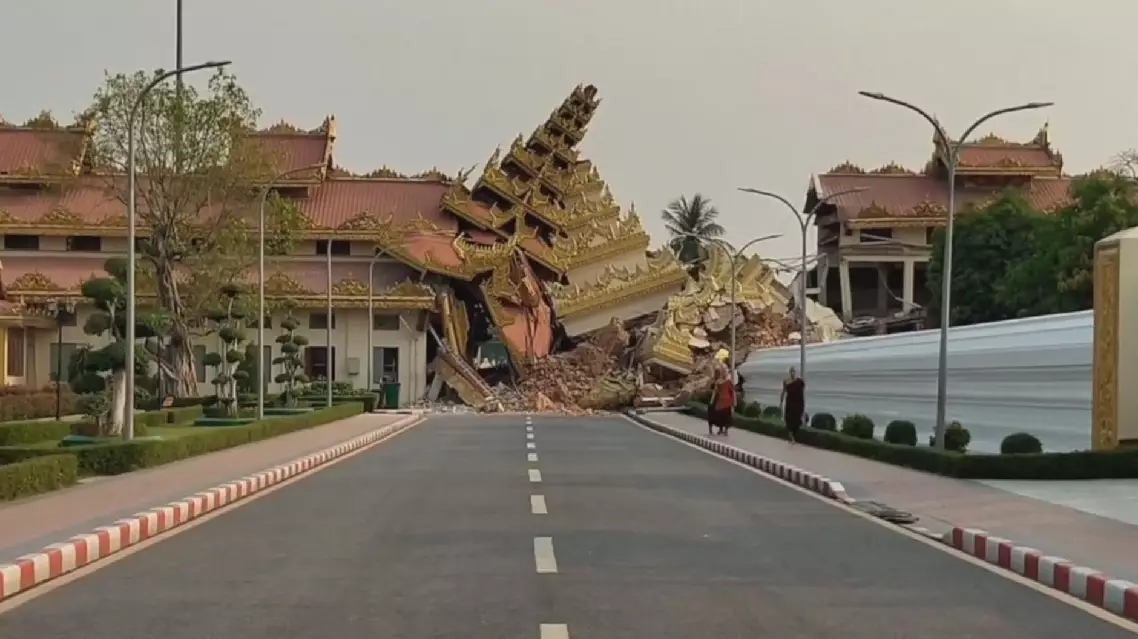
Rescue operations underway in Myanmar's hardest-hit city after strong earthquake
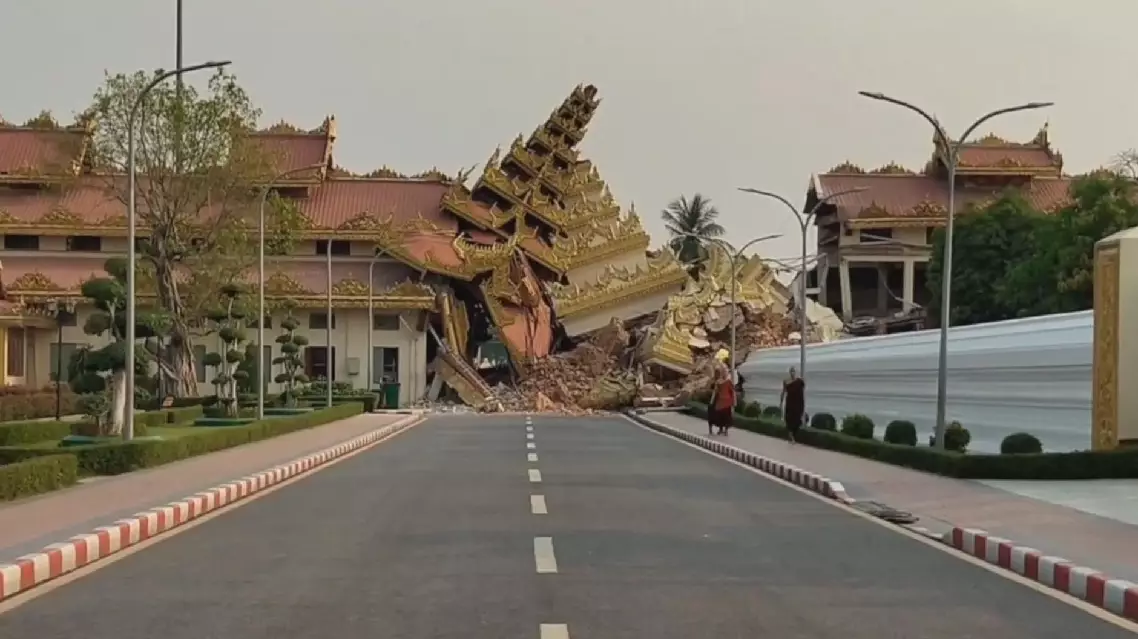
Rescue operations underway in Myanmar's hardest-hit city after strong earthquake
Central China's Henan Province is experiencing a surge in international tourists driven by expanded visa-free policies, with visitors attracted by the traditional intangible cultural heritage, Chinese martial arts and local delicacies.
In Zhengzhou, the provincial capital, a vibrant cultural and creative district offers hands-on experiences like traditional lacquer fan making, alongside culinary delights such as culturally themed ice creams and spicy crispy tofu.
Dengfeng City, home to the world-renowned Shaolin Temple, has drawn travel groups to the city to experience Chinese martial arts. The large-scale live-action performances integrating kungfu with natural landscapes provide visitors with profound artistic immersion.
"It was something one-time in a life, nothing else in the world," said a tourist from Bulgaria.
The relaxed visa requirements have facilitated convenience for them to come to China.
"Of course, we are happy. It's always easier without the visa and complication, because before I was here last year, we had to have a visa and we had to show our visa everywhere," said Slav Kirilov, a Bulgarian tour group leader.
With the arrival of tourism season, there has been a marked increase in tour groups from Europe, East Asia, Southeast Asia and other regions.
"As the weather gets warmer, the number of international tour groups is steadily increasing. We now receive five to six groups each day, each with around 30 people. The number of groups has doubled compared with the same period last year," said Mao Rongjun, head of a scenic area in Dengfeng.
Last December, China extended the permitted stay for eligible foreign travelers from the original 72 and 144 hours to 240 hours, or 10 days.
The travelers from 54 countries can enter through any of the 60 ports across 24 provinces, regions and municipalities and stay within the designated areas for up to 240 hours.
Henan, one of the important birthplaces of Chinese civilization, is reaping the benefits of this policy.
"From Dec 17 to March 26, about 10,000 foreigners had entered through Zhengzhou's airports since the 240-hour visa-free policy was implemented, an increase of 334 percent over the same period 12 months earlier," said Yang Kui, a border inspector.
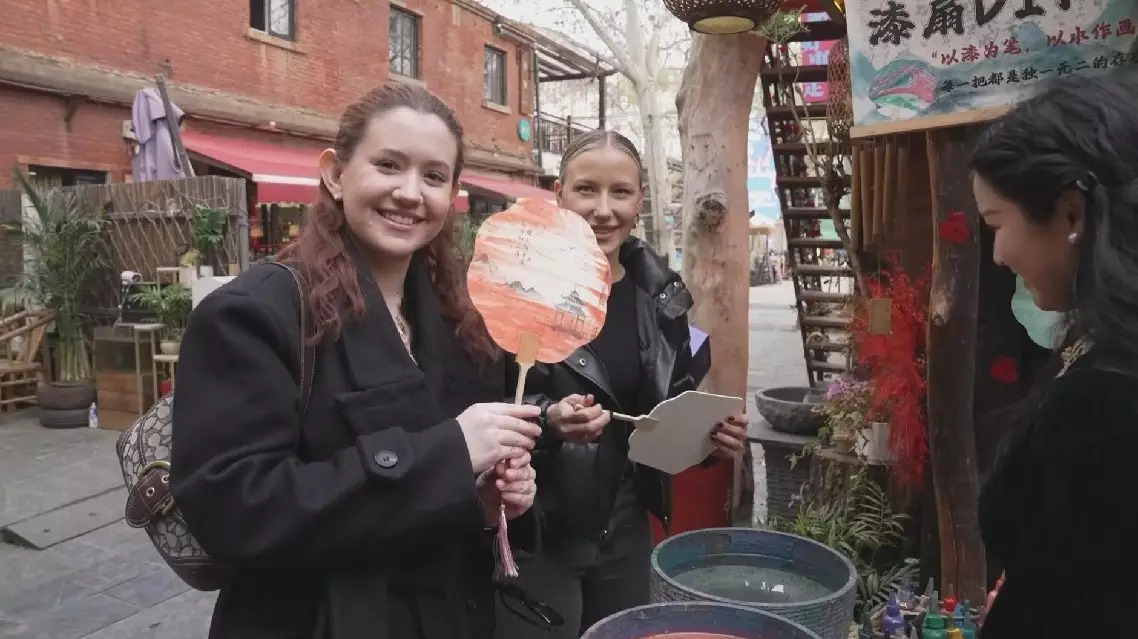
Expanded visa-free policy fuels inbound tourism in central China's Henan Province







